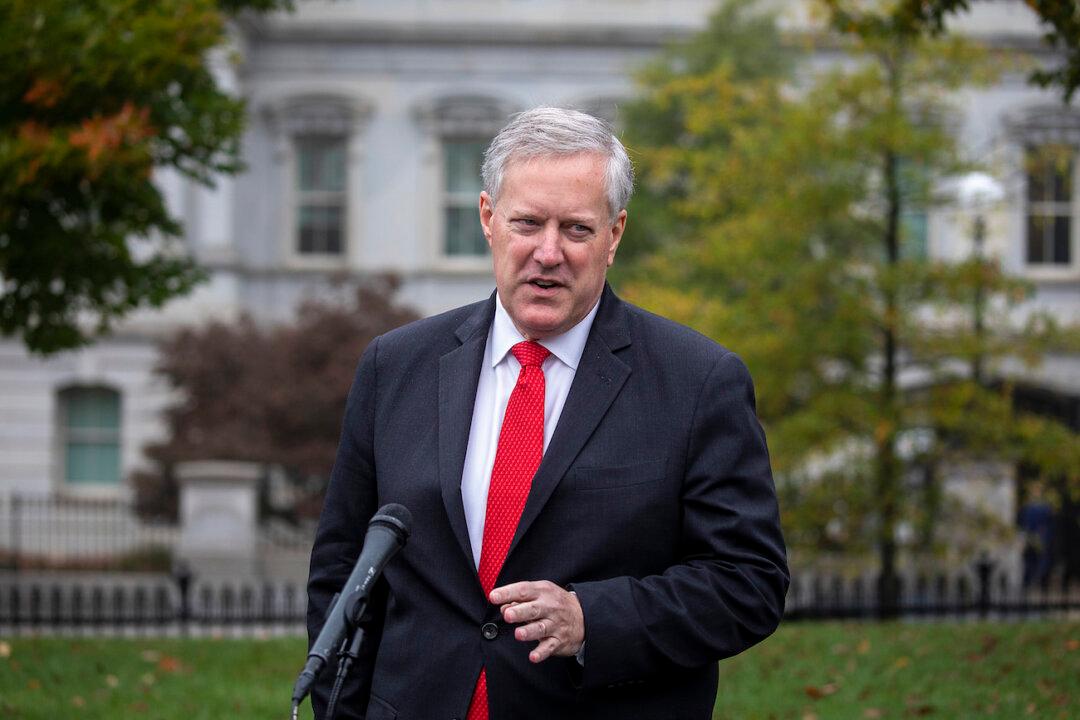On Dec. 18, a federal appeals court rejected Mark Meadows’s bid to remove a state criminal case against him to federal court.
The U.S. Court of Appeals for the 11th District ruled that the federal officer removal statute doesn’t apply to former federal officers and therefore no longer covers Mr. Meadows, but it urged Congress to amend the text of the statute as this ruling has far-reaching ramifications.





